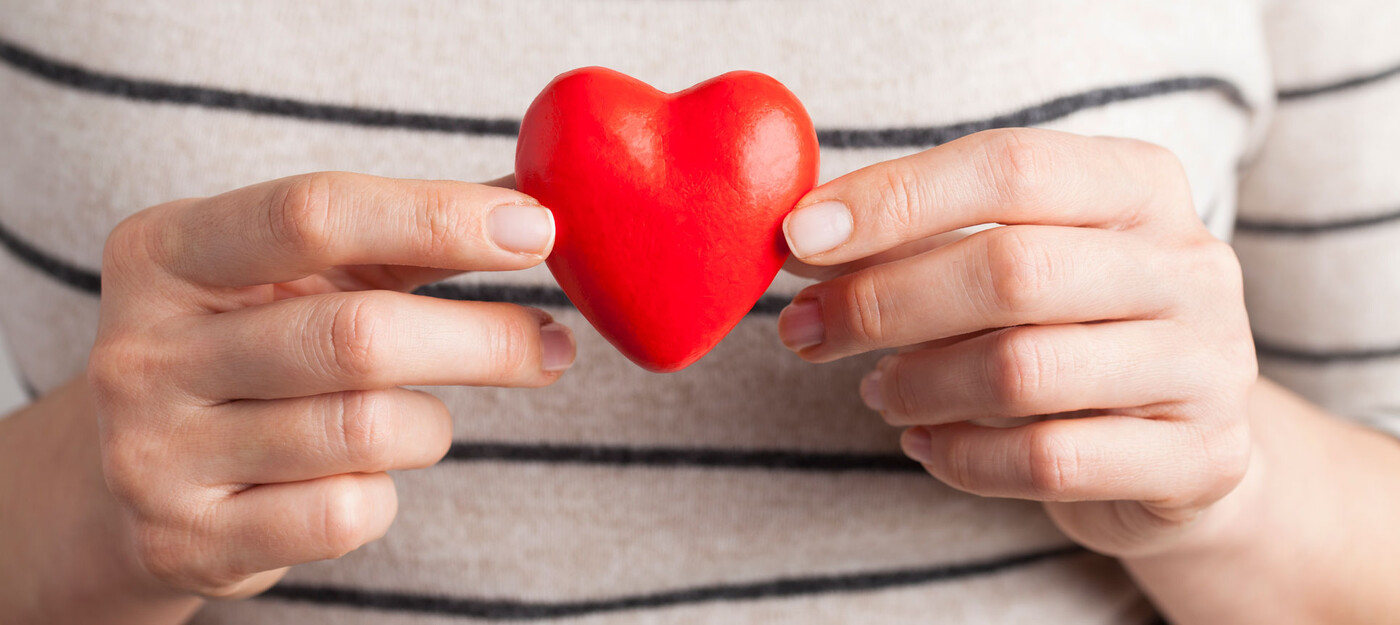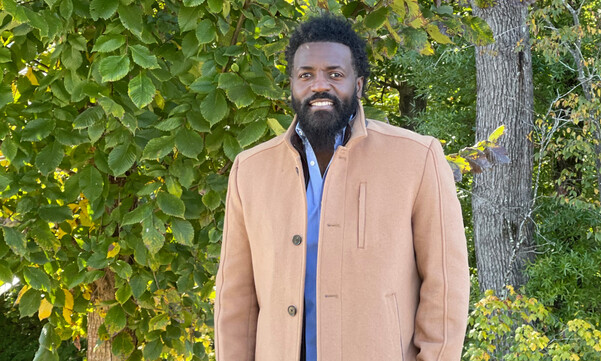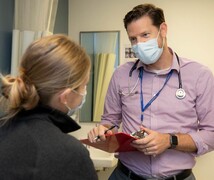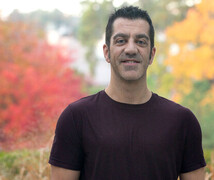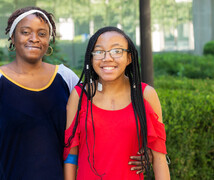Heart transplantation is the most effective treatment for end-stage heart failure; however, the nationwide shortage of donor hearts may mean a long wait on the transplant list. Duke is among the top hospitals in the country testing new approaches and techniques to match more high-quality hearts to people in need. These programs aim to shorten heart transplant wait times and keep people as healthy as possible in the meantime.
Making More Hearts Available for Transplant
Many factors determine which donor hearts are eligible for transplant and how they are matched to recipients. As a result, only about 30% of donor hearts are accepted for transplant while many viable hearts go unused for a variety of reasons, says Duke transplant cardiologist Adam DeVore, MD. Duke is participating in clinical research and innovative programs with the goal of reducing wait times and increasing the number of hearts available.
Donation After Cardiac Death
Duke is a leading U.S. center using donation after cardiac death (DCD), a process that allows for the use of donor hearts that could not be used before. Traditionally, a heart can be recovered for donation only after the donor meets strict criteria for brain death following a severe, irreversible neurologic injury. (The heart must still be beating well to be used for transplant.) However, some people with severe, irreversible brain injuries may not meet all of these strict criteria for death. With DCD, the loved ones of these carefully selected patients choose to remove life support, and the heart is allowed to stop in a very controlled way. Then the heart is recovered for transplant. This process, supported by excellent clinical trial results, has helped significantly increase the number of successful heart transplants performed at Duke.
Accepting Heart Transplants from Hepatitis C and Hepatitis B Donors
Another way to expand the donor pool is by accepting hearts that would not have been accepted for transplant in the past, such as those from donors with hepatitis C and hepatitis B. Now that well-tolerated medication is available to cure hepatitis C, research has proven that these hearts are safe for transplant. Similarly, because hepatitis B transmission can be prevented using vaccines and medications, hearts from donors with hepatitis B can also be transplanted. Accepting a heart from one of these donors can reduce your wait time for an organ. While these hearts are classified as higher risk, the Duke transplant team only chooses hearts that are in good condition otherwise.
Dr. DeVore said people who are offered these hearts receive a complete explanation of the benefits and risks, including the chance of contracting hepatitis C or B. “We work with patients to help them weigh that against the risk of waiting longer for a heart transplant,” he said. “It’s important to note that today’s hepatitis medicines are very effective, have few side effects, and do not interact with the immune-suppressing medicines required after heart transplantation.”
Staying Healthy While Waiting for a Heart
A big challenge for people with heart failure is not getting sicker while they wait for a heart. A left ventricular assist device (also called a VAD or an LVAD) may help in this situation. These surgically implanted devices replace some of the work of the heart, allowing it to rest and improving your health and quality of life while you wait. Duke’s robust LVAD program is run by a team of experts who are devoted to teaching you how to live with the device while waiting for a transplant, or, sometimes, in lieu of one.
Antibody Crossing Makes Heart Transplant an Option for More People
The presence of certain antibodies -- such as anti-human leukocyte antigen (HLA) -- in the blood can increase the likelihood of organ rejection after transplant. Often, it makes the wait for a heart even longer, because a donor heart’s tissue must be a good match for the transplant recipient’s antibodies. However, a “match” is not always black and white. In some cases, reactions between the recipient and the donor heart can be treated to prevent rejection. Duke cardiologists are developing more precise ways to measure antibodies, predict mismatch, and treat interactions.
Multi-Organ Transplants
Sometimes a heart transplant is not recommended because another organ (for example, the kidneys or liver) is also failing, and a transplant surgery would be too risky. For people like this, Duke has expertise in performing multi-organ transplants (including heart-kidney, heart-liver, and heart-lung transplants) and caring for recipients afterward.
Can We Help You?
If you have been turned down for a transplant at another institution or are interested in making an appointment for an evaluation, call 855-855-6484 or ask your cardiologist to submit a referral form.
